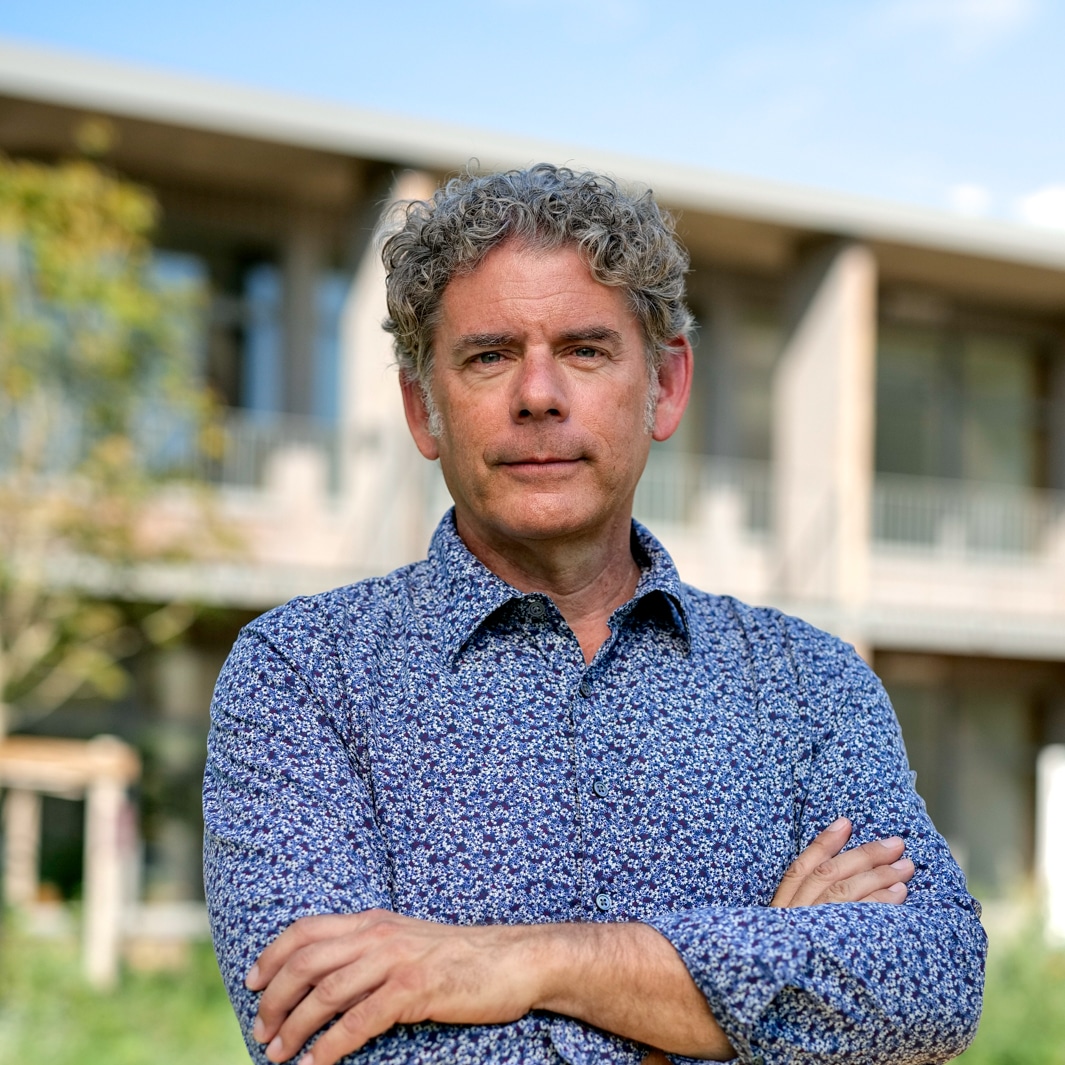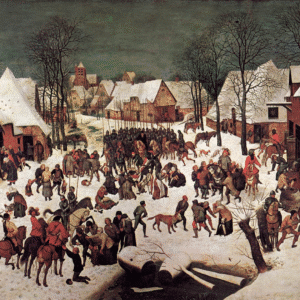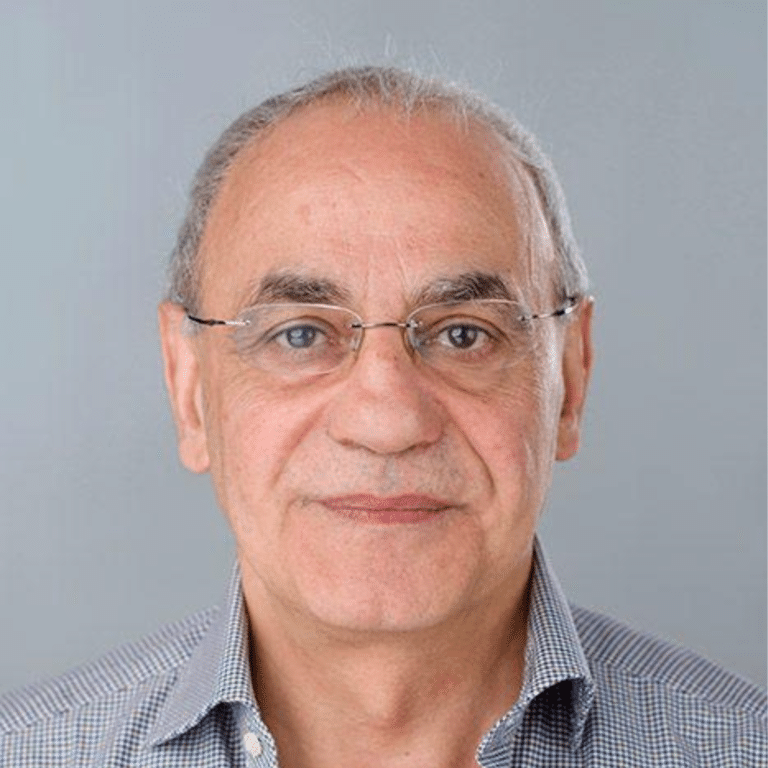
Research project
Crusading Culture and Informal Empire: France and the Early Modern Mediterranean World
Project summary
Book Project on Crusading Culture and Informal Empire
Crusading Culture and Informal Empire: France and the Early Modern Mediterranean World, examines the ways in which French crusading discourses and practices shaped religious conflict and coexistence in the early modern Mediterranean world (1500s-1650s). Although the medieval crusades to the Holy Land were long over, a recharged crusading culture against infidels and heretics emerged in the sixteenth century. Christian crusading culture defined Muslims and Jews as “infidel” enemies in new ways, constructing forms of racialization that shaped later racial categorizations. French practices of maritime warfare and constructions of informal empire in the Mediterranean world reproduced and extended this crusading culture. Meanwhile, internal confessional divisions produced the French Wars of Religion (1559-1629), creating parallel crusading discourses against pollution and heresy that reinforced constructions of Muslims, Jews, Protestant, and Eastern Orthodox peoples as enemies. This period represented a key stage in the long history of crusading culture and maritime violence in the pre-modern world.
Crusading Culture and Informal Empire constructs a new interpretation of France and the Mediterranean world by demonstrating the connections between crusading activities and imperial ambitions prior to the development of France’s formal empire in North America and the Caribbean. Extensive manuscript research in French archives reveals how crusading discourses and practices shaped imperial projects that were advanced by Marseillais, Provençal, Corsican, and French actors in the early modern Mediterranean. The resulting book will contribute new findings to major historical debates concerning crusading discourses, conflict and coexistence, and informal empires in the early modern Mediterranean.
I am also working on a collaborative research initiative on Climate Change and Religious Conflicts in Europe, 1550-1650 (Changement climatique et conflits religieux en Europe, 1550-1650), in collaboration with my colleague Jérémie Foa, maître des conferences HDR (Aix Marseille Université and TELEMMe). This research project will investigate the connections between climate change, environmental disaster, and religious conflict during the period of the European Wars of Religion and the Little Ice Age. We aim to assemble a research team to examine archival evidence in France, England, Spain, Germany, and the Netherlands dealing with religious wars and climate change.
Biography
Brian Sandberg is a Professor of History at Northern Illinois University who works on early modern France, Europe, and the Mediterranean world. His research focuses on the French Wars of Religion (1559-1629) and on religion, violence, gender, and political culture in the early modern world.
Sandberg has published Warrior Pursuits: Noble Culture and Civil Conflict in Early Modern France (2010) and War and Conflict in the Early Modern World, 1500-1700 (2016). He co-edited with Alessio Assonitis a collective volume on The Grand Ducal Medici and their Archive (1537-1743), (2016). Sandberg has held fellowships from Iméra (Marseille), the Institut d’Études Avancées de Paris, the Fulbright Research Scholar Program, the Institute for Research in the Humanities (Wisconsin), the NEH (at the Medici Archive Project), and the European University Institute.
In Marseille, he will be conducting archival research for Crusading Culture and Informal Empire: France and the Early Modern Mediterranean World, developing a collaborative research project on Climate Change and Religious Conflicts in Europe (1550-1650), and building research collaborations between Marseille and Chicago.




